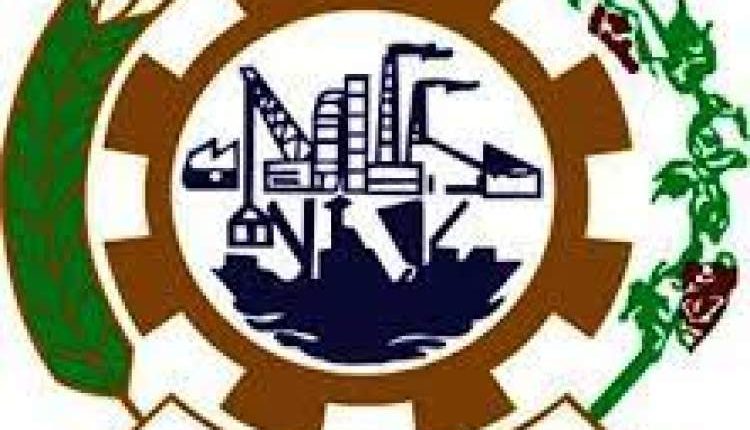Chambers of Commerce Rejects Catastrophic Decision of Pro-Saudi Government Increasing Customs Dollar
The General Chambers of Commerce warned the pro-aggression government against raising the customs dollar to 750 riyals per dollar, stressing its objection to this inhumane behavior, which will increase the suffering people of Yemen.
“We were surprised that the pro-aggression government raised the price of the dollar in customs outlets to 750 riyals per dollar, and this is an increase of 50% from the current price,” it said in a statement.
“We warn the pro-aggression government against these decisions and affirm our strong objection to this inhumane behavior, which will increase the suffering people of Yemen,” the statement added.
Earlier, the Economic Council of the Saudi-backed government announced that it approved a package of new economic measures that exacerbate the suffering of the people of Yemen in addition to the blockade and aggression. These economic measures directly affect the service and living conditions of the Yemenis, especially in the southern regions.
The first step of these measures is to raise the price of the customs dollar for imported goods in foreign currency, for the second time, by an increase of 50%. This time it raised it from 500 to 750 riyals for the US dollar or its equivalent in foreign currencies.
The second step was to raise the price of fuel in Marib governorate, as it raised the price of a liter of petroleum from 175 riyals to 487.5 riyals per liter, an increase of 178.5%.
The US-Saudi aggression also decided to raise the price of a domestic gas cylinder from 2,100 riyals to 3,000 riyals, a significant increase of 43% per cylinder.
In the third step, the Saudi-backed government intends to raise the tariff for electricity and water consumption, and gradually raise the tariff on subscribers’ bills.
These measures came with the collapse of the new local currency against the dollar in the occupied governorates by 1,300 riyals per dollar, after only about a month and a half of seizing the special drawing rights of Yemen.
Citizens in Aden and the rest of the Yemeni areas under Saudi-Emirati occupation complain of a complete collapse of infrastructure services like electricity and water. A frightening deterioration of the economic situation and the exacerbation of famine in southern governorates is due to the rise in commodity prices resulting from the collapse of the Yemeni riyal price in those areas.
Saudi Arabia and the UAE, backed by the United States and regional allies, launched the war on Yemen in March 2015, with the goal of bringing the government of former Yemeni president Abd Rabbuh Mansour Hadi back to power.
The war has left hundreds of thousands of Yemenis dead and displaced millions more. It has also destroyed Yemen’s infrastructure and spread famine and infectious diseases there.
As part of its economic war, the US-Saudi aggression worked to drain about 97% of the Yemen’s state’s resources, either by controlling them militarily such as oil and gas sources, freezing Yemeni foreign assets and transferring them to mercenaries and financing coalition operations, or imposing siege on the vital port of Hodeidah and the most important port after Aden, which is still in the grip of Sana’a and out of control of the aggression.

